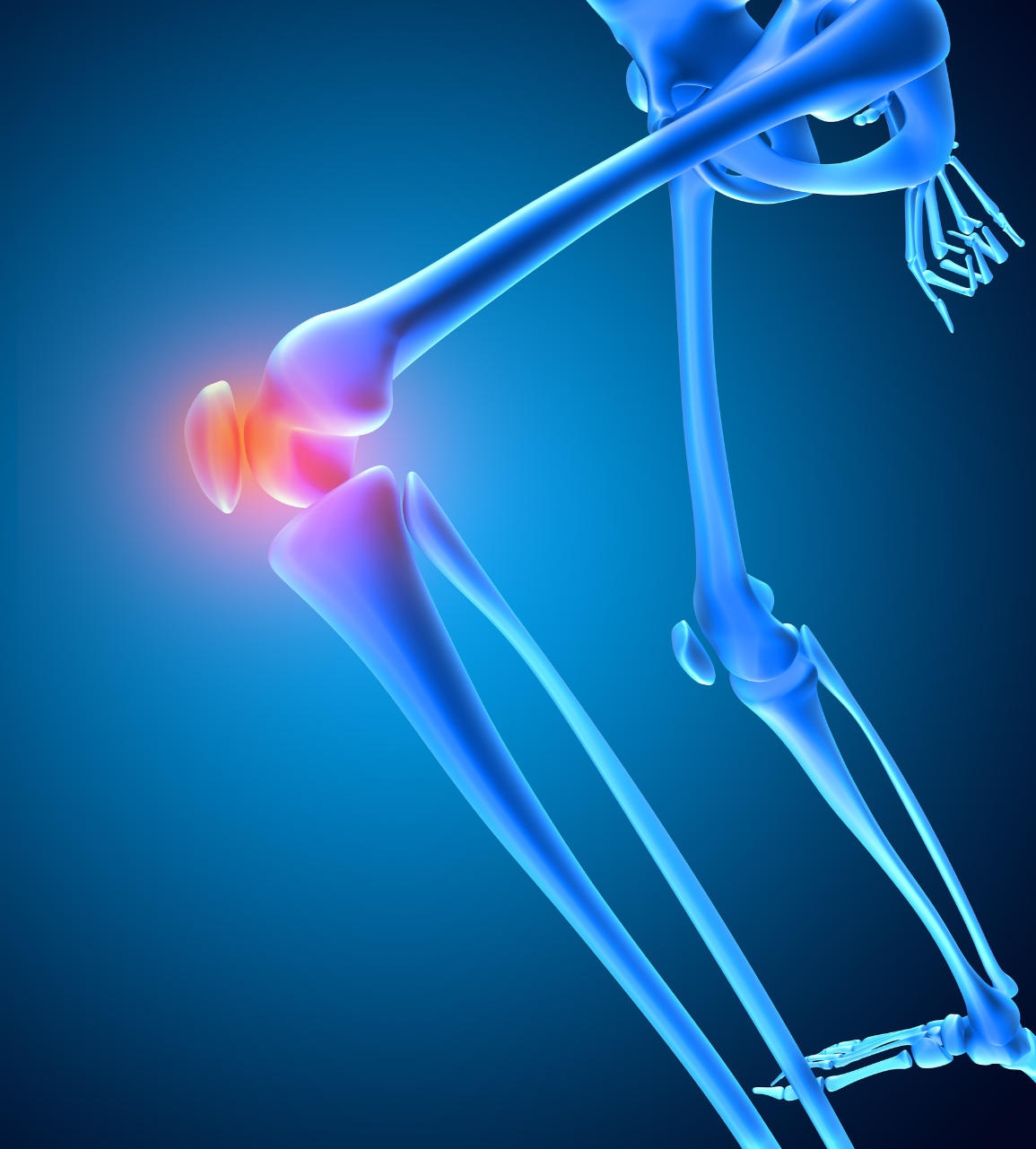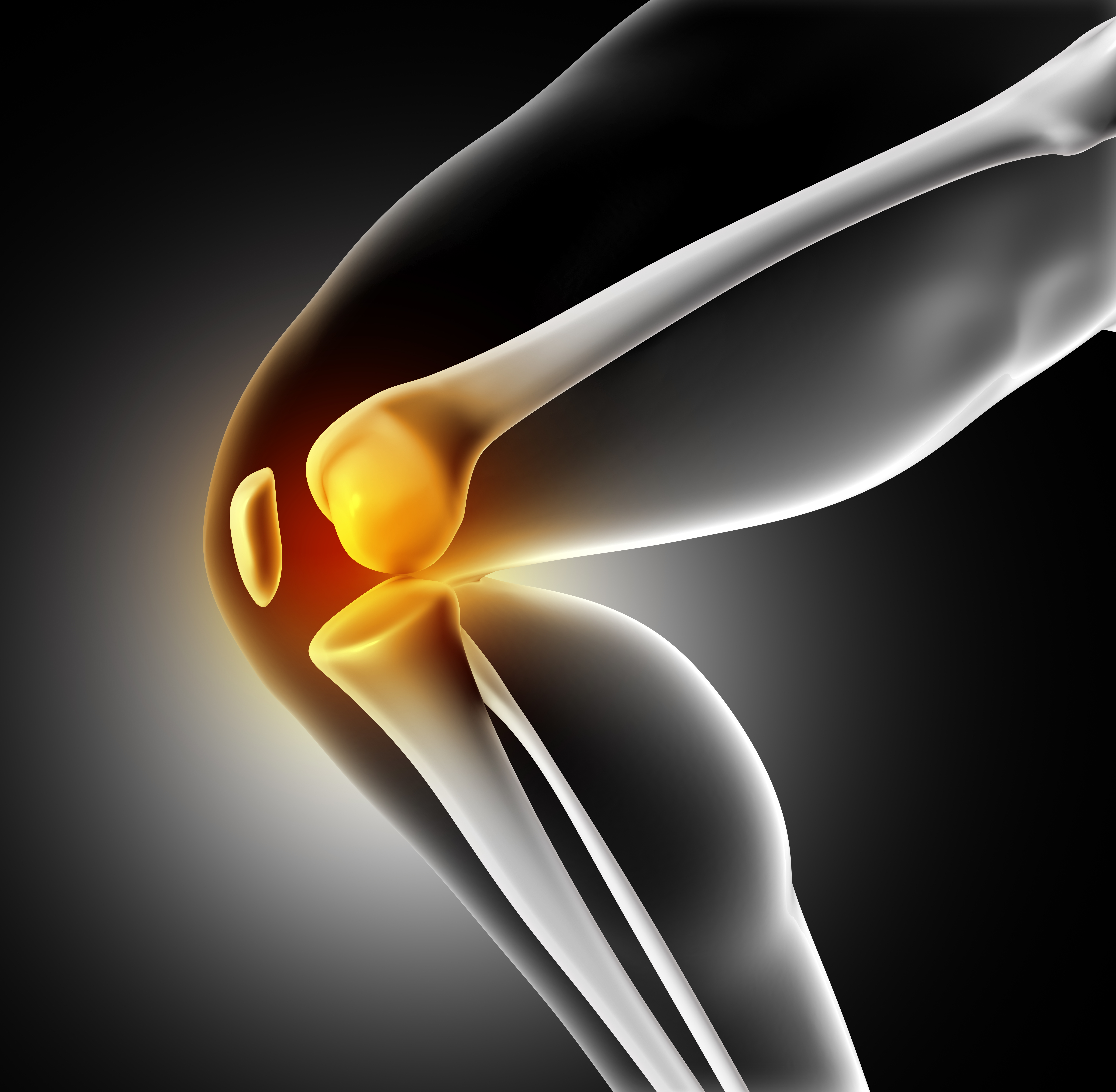

Onus Hospitals is a leading provider of joint replacement surgery. Our highly trained orthopaedic specialists use the most advanced minimally invasive techniques to provide the best possible outcome for patients. We specialize in total hip and knee replacements, as well as partial and revision replacements. Our team of experts uses state-of-the-art technology to ensure optimal results with minimal downtime and discomfort. We provide personalized care and compassionate support to help patients return to their everyday activities. Our surgeons are committed to patient safety and satisfaction and strive to provide the highest quality care.
Knee replacement surgery replaces parts of injured or worn-out knee joints. The surgery can help ease pain and make the knee work better. During the surgery, damaged bone and cartilage are replaced with parts made of metal and plastic.
To decide whether a knee replacement is right for you, a surgeon checks your knee's range of motion, stability, and strength. X-rays help show the extent of damage.
The right artificial joints and surgical techniques for you depend on your age, weight, activity level, knee size and shape, and overall health.
The most common reason for knee replacement surgery is to ease pain caused by arthritis. People who need knee replacement surgery usually have problems walking, climbing stairs and getting up out of chairs.
If only one part of the knee is damaged, surgeons often can replace just that part. If the entire joint needs to be replaced, the ends of the thighbone and shinbone are reshaped and the entire joint resurfaced. These bones are hard tubes that contain a soft center. The ends of the artificial parts are inserted into the softer central part of the bones.
Ligaments are bands of tissue that help hold joints together. If the knee's ligaments aren't strong enough to hold the joint together by themselves, the surgeon may choose implants that can be connected so they can't come apart.
Knee replacement surgery, like any surgery, carries risks. They include:
. Blood clots:- Surgeons typically recommend blood-thinning medications to prevent this risk. The most common location for blood clots is in the leg. But they can travel to the lungs and become deadly.
. Nerve damage:- Nerves in the area where the implant is placed can be injured. Nerve damage can cause numbness, weakness and pain.
. Infection:- Infection can occur at the incision site or in the deeper tissue. Surgery is sometimes needed to treat an infection.
The implants used for knee replacements are durable, but they may loosen or become worn over time. If this happens, another surgery may be needed to replace the loose or worn parts.
Your health care team might advise you to stop taking certain medications and dietary supplements before your surgery. You'll likely be instructed not to eat anything after midnight the day of your surgery.
For several weeks after the procedure, you might need to use crutches or a walker, so arrange for them before your surgery. Make sure you have a ride home from the hospital and help with everyday tasks, such as cooking, bathing and doing laundry.
To make your home safer and easier to navigate during recovery, consider doing the following:
. Create a living space on one floor since climbing stairs can be difficult.
. Install safety bars or a secure handrail in your shower or bath.
. Secure stairway handrails.
. Get a stable chair with a firm seat cushion and back, and a footstool to elevate your leg.
. Arrange for a toilet seat riser with arms if you have a low toilet.
. Get a stable bench or chair for your shower.
. Remove loose rugs and cords.
When you check in for your surgery, you'll be asked to remove your clothes and put on a hospital gown. You'll be given either a spinal block, which numbs the lower half of your body, or a general anesthetic, which puts you into a sleep-like state.
Your surgeon might also inject a numbing medicine around nerves or in and around the joint to help block pain after your surgery.
Knee replacement surgery usually takes 1 to 2 hours. To perform the procedure, the surgeon:
. Makes an incision over the knee.
. Removes diseased and damaged bone and cartilage, leaving healthy bone intact.
. Implants the replacement parts into the thighbone, shinbone and kneecap.
After surgery, you'll rest in a recovery area for a short time. How long you stay in the hospital after surgery depends on your individual needs. Many people can go home the same day.
The risk of blood clots increases after knee replacement surgery. To prevent this complication, you may need to:
. Move early.You'll be encouraged to sit up and walk with crutches or a walker soon after surgery.
. Apply pressure.Both during and after surgery, you might wear elastic compression stockings or inflatable air sleeves on your lower legs. The air sleeves squeeze and release your legs. That helps keep blood from pooling in the leg veins, reducing the chance that clots will form.
. Take blood thinners.Your surgeon might prescribe an injected or oral blood thinner after surgery. Depending on how soon you walk, how active you are and your overall risk of blood clots, you might need blood thinners for several weeks after surgery.
You'll also likely be asked to do frequent breathing exercises and gradually increase your activity level. A physical therapist can show you how to exercise your new knee. After you leave the hospital, you'll likely continue physical therapy at home or at a center.
For most people, knee replacement provides pain relief, improved mobility and a better quality of life. Most knee replacements can be expected to last at least 15 to 20 years.
After recovery, you can engage in various low-impact activities, such as walking, swimming, golfing or biking. But you should avoid higher impact activities, such as jogging, and sports that involve contact or jumping. Talk to your health care team about ways to stay active after knee replacement.

Onus Hospitals is a leading provider of joint replacement surgery for patients in need of relief from chronic joint pain. Our experienced team of orthopedic surgeons and medical staff offer a comprehensive range of treatments, including the latest in minimally-invasive joint replacement surgery. Our cutting-edge surgical techniques, combined with the latest in pain management technology, ensure that patients experience minimal discomfort and a speedy recovery time. We are proud to provide the highest quality of care for our patients, and our commitment to their satisfaction is evident in the positive outcomes our joint replacement surgery has produced.
